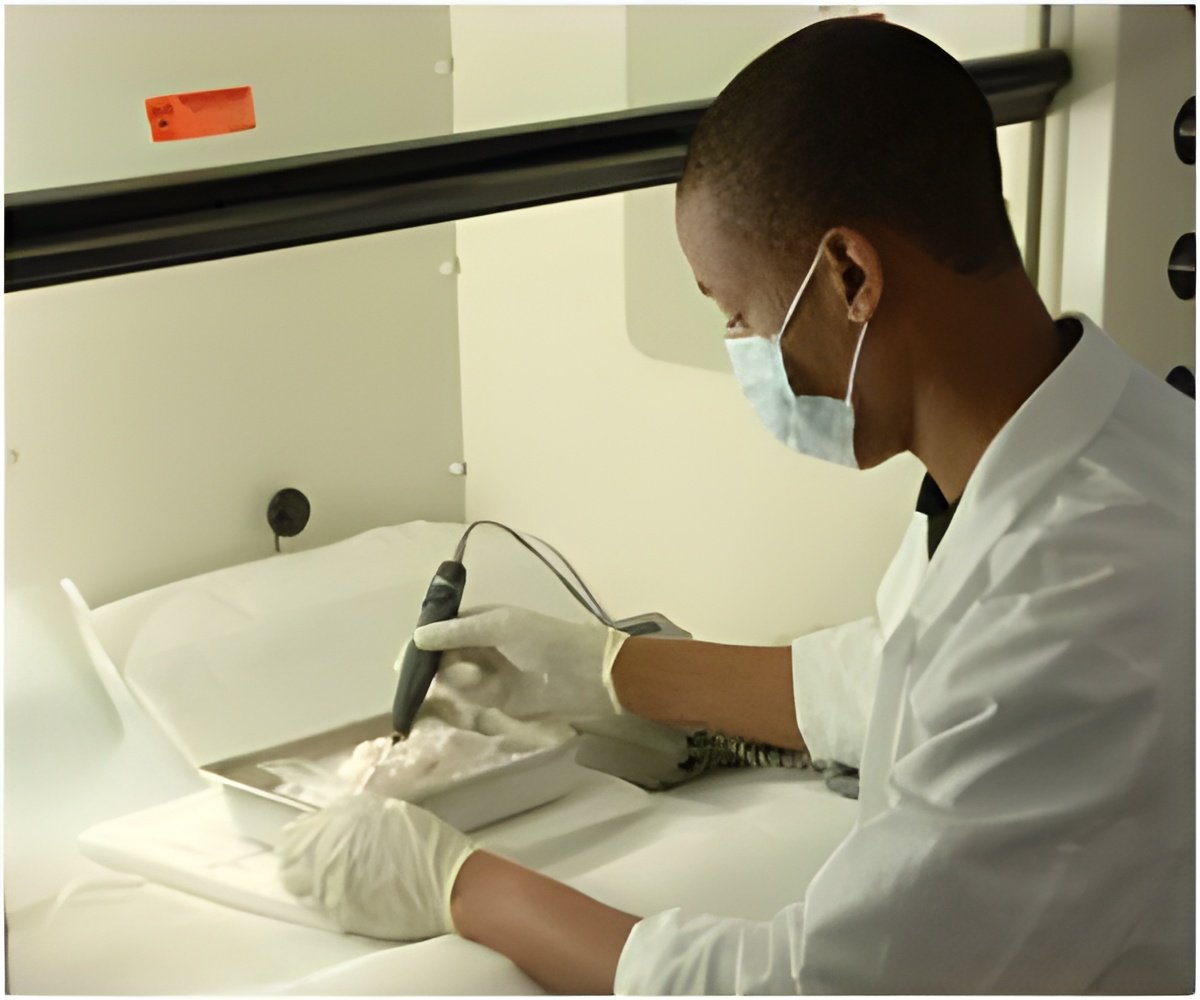BRI and TGen will collaborate to offer liquid biopsies, perform gene sequencing, conduct one-of-a-kind clinical trials and create personalized vaccines

“We will combine TGen’s strengths in genomics and proteomics with BRI’s strengths in metabolomics and immune-based approaches, initially focusing on genomic – or molecular – and translational research for oncology,” said Robert Pryor, MD, President, Chief operating officer and chief medical officer, Baylor Scott & White Health.
“The collaboration is consistent with Baylor Scott & White Health’s commitment to delivering precision medicine to patients.”
BRI and TGen will collaborate in the areas of precision medicine by offering liquid biopsies, performing gene sequencing, conducting one-of-a-kind clinical trials and creating personalized vaccines to enhance patient care throughout the health care system. The hope is to transform medicine by answering critical patient and physician questions about specific treatment options available to the patient as well as the best prevention strategy tailored for each patient.
“This collaboration provides an opportunity for TGen and Baylor to leverage our respective strengths, technologies and talent to make a difference in the lives of cancer patients,” said Dr. Jeffrey Trent, TGen President and Research director.
Dr. Alan Miller, Chief of Oncology for Baylor Scott & White Health – North Texas, said the joint effort will concentrate on three significant research areas: women’s cancer, including breast and gynecological; abdominal malignancies, including pancreatic, colorectal and liver; and hematological cancer, including leukemia, lymphoma and multiple myeloma.
Dr. John Carpten, Deputy Director of basic science and professor and director Integrated Cancer Genomics Division, will lead the TGen efforts. “I’m optimistic our work with Baylor will result in advances that can quickly add to a patient’s treatment options, either through our clinical trial efforts, or the development of new drugs that prove effective,” said Dr. Carpten.
Source-Medindia
 MEDINDIA
MEDINDIA




 Email
Email





